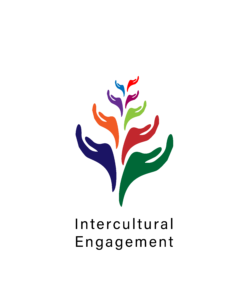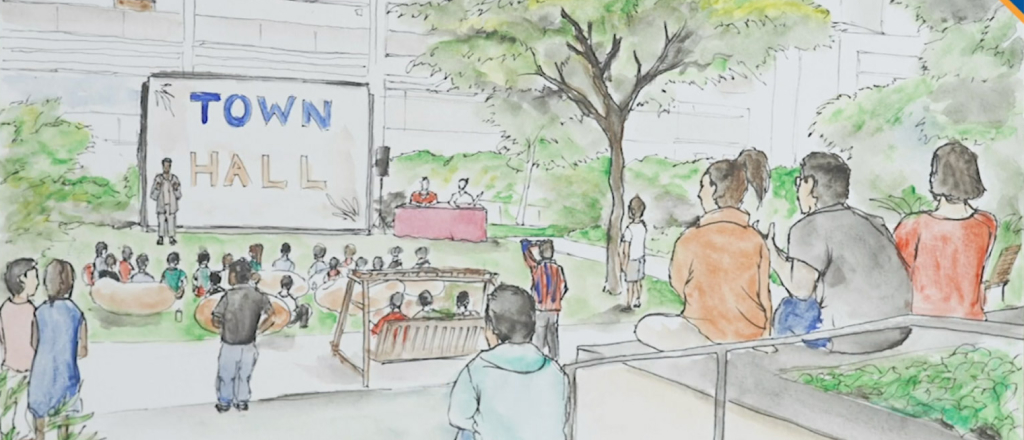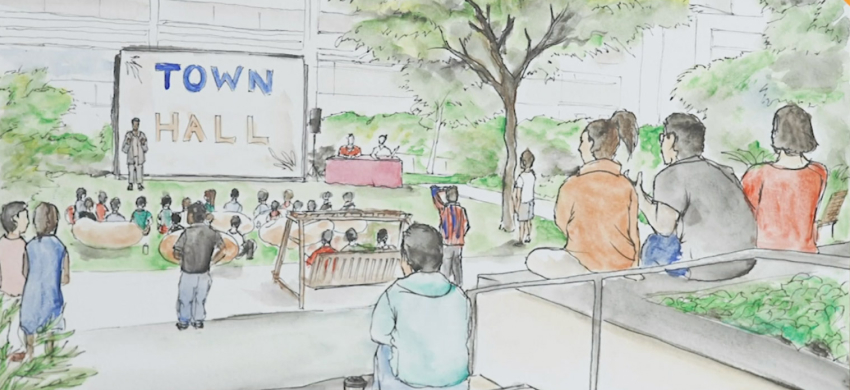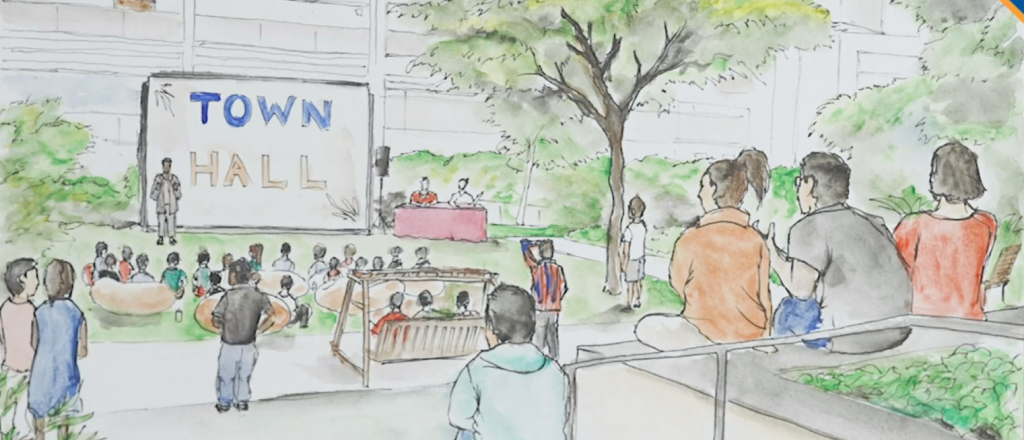Learning and engagement beyond the formal classroom setting is a hallmark of the Yale-NUS experience.
What is the Residential Curriculum?
The Yale-NUS Residential Curriculum is an intentionally curated sequence of programmes, discussions, and activities that help students build life skills and broaden their perspectives during their four years of campus living. The three pillars of the Residential Curriculum include: community living and engagement, wellness, and intercultural engagement.

Living on campus contains an inherent responsibility to others who also share the space. Students are given opportunities to work together with others to better the community experience for all, as well as feel a sense of ownership for contributing positively to community life. Being an engaged community member provides an opportunity for everyone to explore the impact they can have within both Yale-NUS and the greater society.
Students develop a sense of belonging to and responsibility for Yale-NUS and the wider community. By living within the close-knit Yale-NUS family on campus, each student’s identity, background and experience bring a unique contribution to the overall community. Students can find their belonging in many places and in many ways – with suitemates and through relationships with peers, faculty and staff, by joining student organisations or championing causes important to them, and in their classes and majors.

Students practise intercultural engagement by committing to a process of learning and exploring their own and other’s identities in order to demonstrate accountability and prioritise inclusion.
Intercultural engagement is a critical aspect of nurturing culturally conscious students, and accountable citizens of the world striving toward inclusion and respectful relationships. It is a significant dimension of the Yale-NUS experience, given the highly unique and diverse make-up of the college community, and rapidly changing reality in a global landscape. This framework provides a foundation for students to cultivate an ongoing practice of self-reflection and learn to engage a process of ambiguity with curiosity and responsibility.
Intercultural engagement invites students to seek value in prioritising the process of learning above cultural competence and mastery. This process also acknowledges the realities of social identity, power imbalance and privilege, and encourages students to seek a justice-oriented approach in striving for greater equity within society.
 Students learn to be aware about the state of their well-being and develop familiarity with resources to improve individual and collective wellness. Student wellness is an important aspect of higher education to motivate purposefulness, flourishing and self-actualisation. It prepares students for a meaningful life, which is a key component in helping a person thrive.
Students learn to be aware about the state of their well-being and develop familiarity with resources to improve individual and collective wellness. Student wellness is an important aspect of higher education to motivate purposefulness, flourishing and self-actualisation. It prepares students for a meaningful life, which is a key component in helping a person thrive.
Yale-NUS understands that wellness includes the capacity to be self-aware, the resilience to tackle challenging situations, and the pro-activeness to seek out resources when in need. Wellness also encompasses community well-being, where students develop and apply the skills necessary to contribute to a culture of care on campus.

Contact with questions about the Residential Curriculum and how to get involved.




